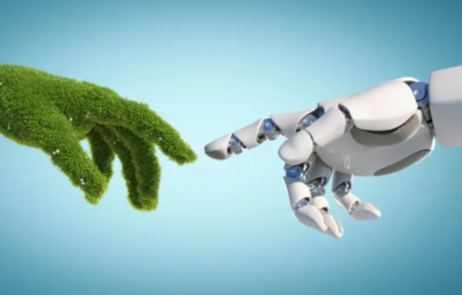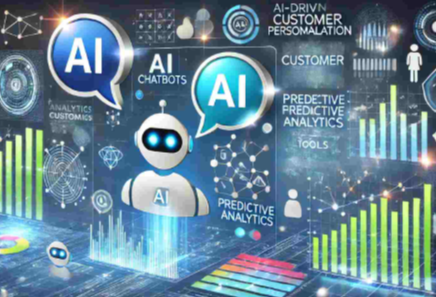How Technology Is Helping to Solve the Water Crisis
The global water crisis presents a significant challenge, yet technology offers promising solutions. Innovations like solar desalination and advanced filtration techniques are paving the way for sustainable freshwater sources. Meanwhile, water recycling systems and smart irrigation practices optimize usage. AI-driven leak detection further enhances municipal efficiency. These developments not only improve access to clean water but also raise important questions about their long-term impact on resource management and community resilience.
Innovative Desalination Techniques
As the global demand for freshwater intensifies, innovative desalination techniques have emerged as crucial solutions to address the water crisis.
Solar desalination harnesses renewable energy to convert seawater into drinkable water, reducing dependence on fossil fuels.
Meanwhile, membrane technology enhances efficiency by filtering impurities at a molecular level.
Together, these advancements not only promise sustainable water sources but also empower communities to reclaim their right to accessible, clean water.
Advancements in Water Recycling
Innovations in water management extend beyond desalination, with advancements in water recycling proving to be equally transformative in tackling the global water crisis.
Greywater reuse systems are gaining traction, allowing households to repurpose water from sinks and showers.
Coupled with cutting-edge membrane technology, these systems enhance purity and efficiency, significantly reducing freshwater demand and empowering communities to reclaim their water resources sustainably.
Read more: The Future of Artificial Intelligence in Creative Industries
Smart Irrigation Systems
Smart irrigation systems represent a significant leap forward in agricultural water management, harnessing technology to optimize water usage in farming practices.
By utilizing automated scheduling and advanced moisture sensors, these systems ensure crops receive precise amounts of water based on real-time soil conditions.
This not only conserves water but also enhances crop yield, exemplifying the potential of technology to empower sustainable farming.
AI-Driven Leak Detection and Monitoring
An increasing number of municipalities and industries are turning to AI-driven leak detection and monitoring systems to address the pervasive issue of water loss.
These systems utilize real-time analytics to identify leaks promptly, minimizing waste.
By implementing predictive maintenance, organizations can proactively address potential failures, ensuring sustainable water management.
This technological advancement represents a significant step toward conserving precious water resources and enhancing overall efficiency.
Conclusion
In a world where a farmer in arid lands and a city dweller share the same concern over dwindling water supplies, technology emerges as a fortuitous ally. Coincidentally, as solar desalination plants rise alongside smart irrigation systems, communities find renewed hope in sustainable practices. Meanwhile, AI-driven leak detection quietly uncovers hidden waste, ensuring that every drop counts. Through these synergistic innovations, the dream of accessible clean water transforms from a distant wish into an achievable reality, uniting efforts across the globe.




